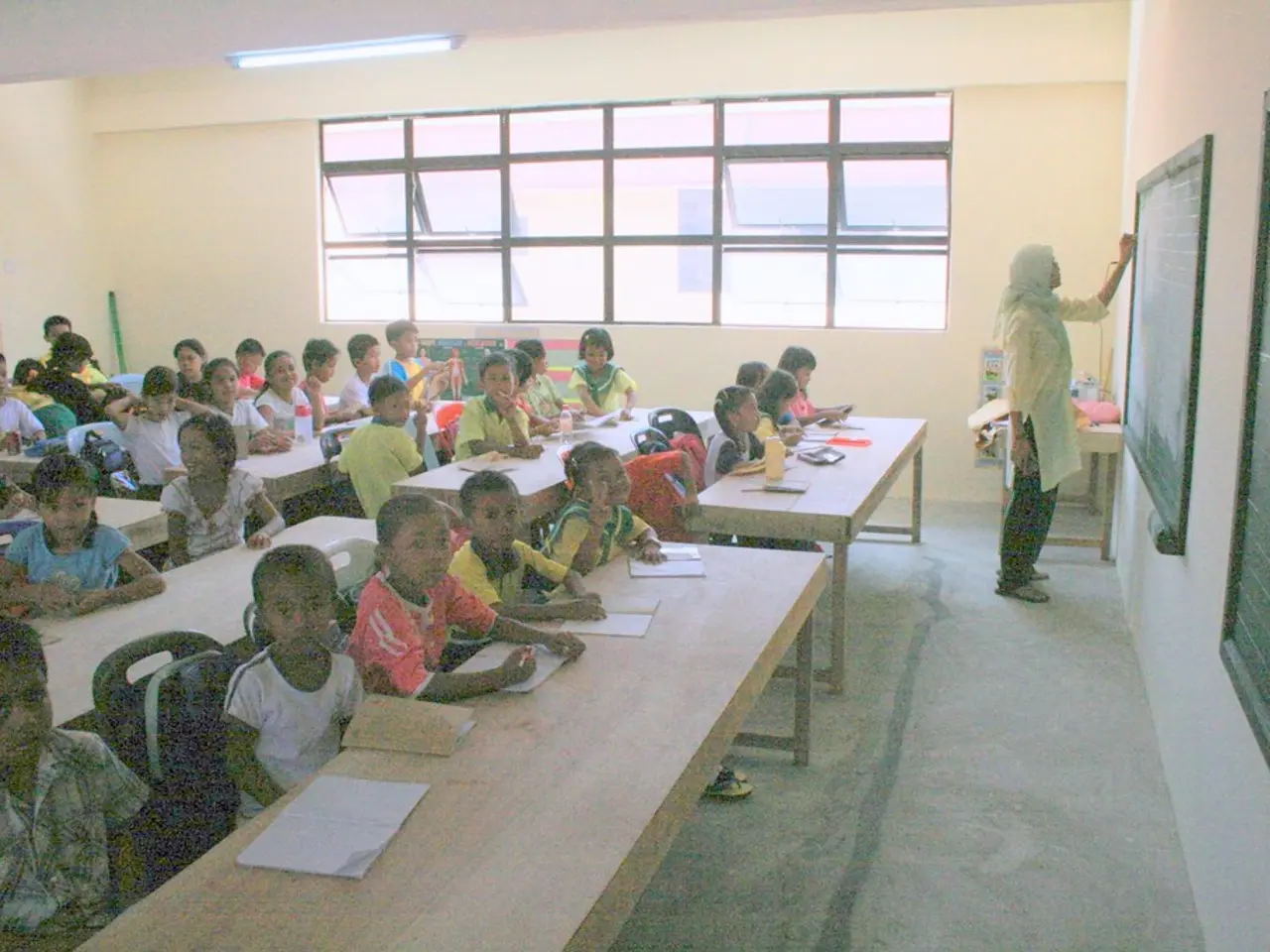Enhancing Educational Success in the U.S.: The Role of Artificial Intelligence
================================================================
Policymakers, educators, and technology experts are set to gather for a panel discussion hosted by the Center for Data Innovation on May 24, 2022, from 1:00 PM to 2:00 PM (EDT). The discussion, themed around the use of Artificial Intelligence (AI) in K-12 education, aims to explore ways to address concerns and support AI use by students, teachers, and administrators.
The panel will feature Sharad Sundararajan, the co-founder and Chief Software Officer of Merlyn Mind, Jeremy Roschelle, the Executive Director of Learning Sciences Research at Digital Promise, Gillian Diebold, a Policy Analyst at the Center for Data Innovation and the moderator for the panel, and Michelle Zhou, the co-founder and CEO of Juji. Lynda Martin, the Director of Learning Strategy for Strategic Solutions at McGraw Hill, will also be part of the discussion. Additional panelists will be announced soon.
The panel will delve into the potential benefits and challenges of AI in K-12 education. Personalized learning applications can increase student engagement and close learning gaps, but widespread AI usage faces technical, operational, and social challenges. AI tools can help teachers reduce workloads, design better interventions, and reduce burnout, but policymakers have not yet developed a strategic vision for AI deployment in the classroom.
To effectively deploy AI in K-12 education, policymakers need to focus on comprehensive teacher training, clear usage guidelines, ongoing support, and aligning AI tools with educational needs. This involves investing in professional development that not only covers the technical aspects of AI but also pedagogical strategies to integrate AI meaningfully and ethically in classrooms.
The panel will also touch upon the need for pilot programs and research-backed AI implementations that adapt to student needs, ongoing partnerships and collaborations among educators, technologists, policy makers, and communities, addressing ethical, equitable, and policy considerations, and supporting administrators and school leaders with scalable AI innovations aligned with 21st-century educational goals.
Registration is required for the video webinar. Questions for the panelists can be submitted on Slido. Follow @DataInnovation on Twitter to join the discussion with the hashtag #AIinEd. For more information, visit our website.
- Among the panelists for theCenter for Data Innovation's discussion on AI in K-12 education is Gillian Diebold, a Policy Analyst, who will be moderating the event.
- During the panel, the potential benefits of AI tools in education will be addressed, such as their ability to reduce workloads for teachers and design better interventions.
- To ensure effective deployment of AI in K-12 education, panelists believe that comprehensive teacher training, clear usage guidelines, ongoing support, and alignment with educational needs are essential.
- The discussion will also highlight the need for pilot programs and research-backed AI implementations, as well as ongoing partnerships among educators, technologists, policy makers, and communities.
- Ethical, equitable, and policy considerations will also be addressed in the panel, with a focus on supporting administrators and school leaders with scalable AI innovations aligned with 21st-century educational goals.




